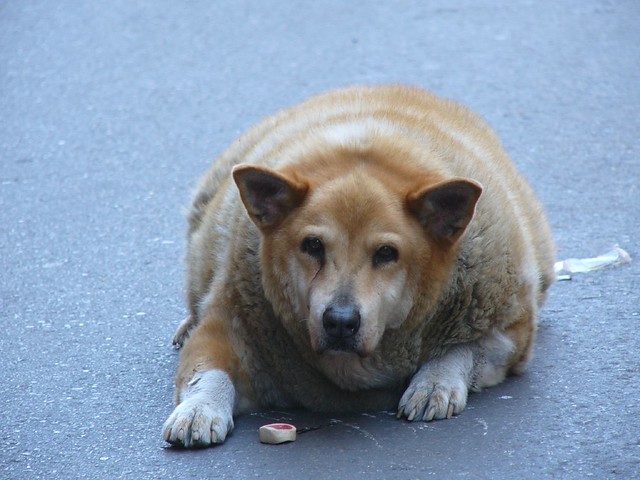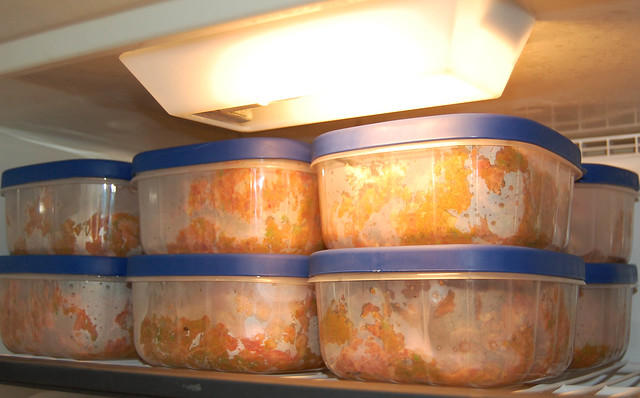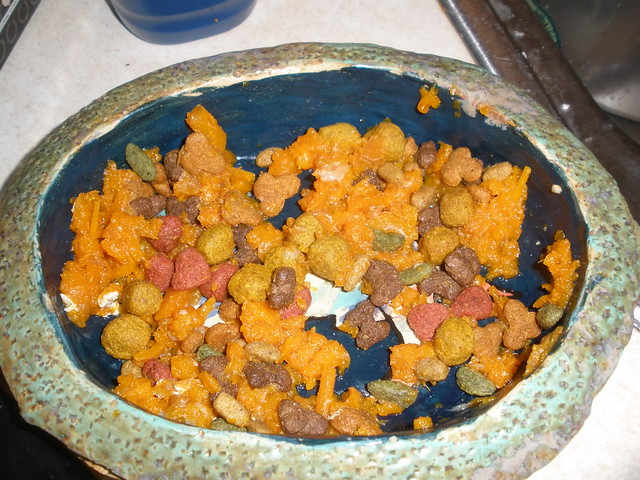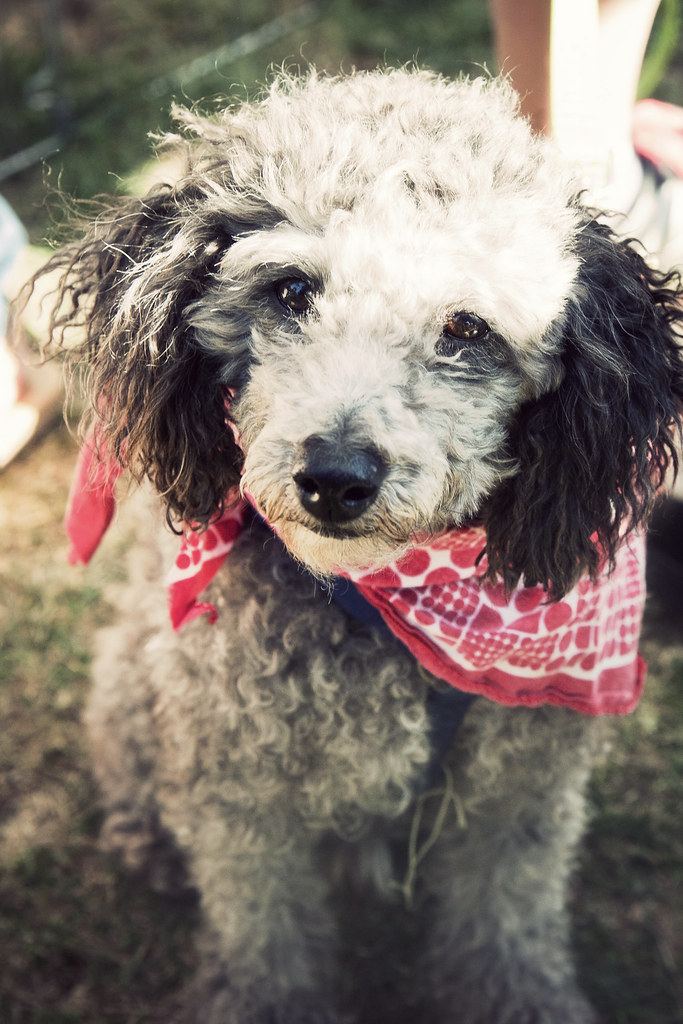It is important for your dog's diet to contain all of the essential vitamins to ensure excellent health. One of the important nutrients in your dog's diet is calcium. When we think of calcium, strong teeth and bones come to mind.
Your dog's diet should be rich in calcium to support healthy teeth and bones, but a delicate balance exists in relationship to calcium and your dog's diet.
It is possible to have too much or too little calcium in your dog's diet. When a dog's diet contains too little calcium, your dog may develop a condition called rickets. This condition creates soft bones that bend under the weight of your dog.
In contrast, too much calcium can create bone abnormalities, as well.
Large breed dogs, for example, who are given too much calcium as puppies in their diet, will develop large bones that are low in density. Strength is a problem with such bones due to a large number of calcium supplements.
When your dog's diet contains appropriate levels of calcium, such bone abnormalities occur infrequently.
This is just one more reason to carefully select an appropriate diet for your dog. Always consult with your veterinarian to determine the best amount of calcium in your dog's diet.
Calcium plays an important role in your dog's diet, but other vitamins and nutrients work hand in hand with calcium. Some minerals are interdependent. Calcium happens to be one of such mineral nutrients.
Calcium works together with phosphorus. A balance of the two nutrients calcium and phosphorus must exist in a healthy ratio to ensure a dog diet that will maximize the potential advantages for your pet. Studies involving animal nutrition show that a ratio of 1.0 to 2.0 parts calcium should be coupled with 1.0 part phosphorus. When calcium and phosphorus ratios vary greatly from this range, bone troubles result.
Dog diets consisting exclusively of meats, will not provide the proper amount of calcium and phosphorus to create healthy bones. Such a diet results in a ratio of about 1.0 part calcium to 18 parts phosphorus. The range of absorption is where the trouble begins.
Vitamin D is another nutrient that influences the absorption of calcium and phosphorus. If a dog's diet lacks the appropriate amount of vitamin D, the other nutrients will not provide all the benefits to your pet. Excessive amounts of vitamin D can have toxic effects on your dog. It is imperative to maintain appropriate levels of vitamin D in your dog's diet. Again, feeding your dog food from a reputable company will allow your confidence in knowing that your dog's diet is healthy.
During pregnancy or when your dog is nursing, higher levels of calcium are important in your dog's diet. At this time, feed your pet extra amounts of balanced dog food. You should not have to supplement your pet at this time.
Milk fever, or eclampsia, cannot be avoided with calcium supplements. Eclampsia is not a nutritional deficiency, but a metabolic condition that affects the dog after the pups have been born and begin nursing.
Avoid supplementing your dog's diet with calcium or other nutrients without specific discussion with your vet. When calcium, for example, is out of balance, health can truly be affected negatively. Feeding your dog a balanced diet is essential. Reputable dog food companies have researched animal nutrition to ensure the best possible health for your dog. Providing your dog's diet in a healthy, balanced formula may be the best way to take care of your pet.












